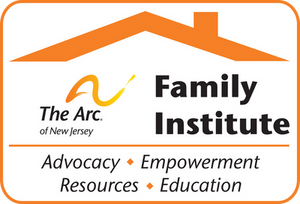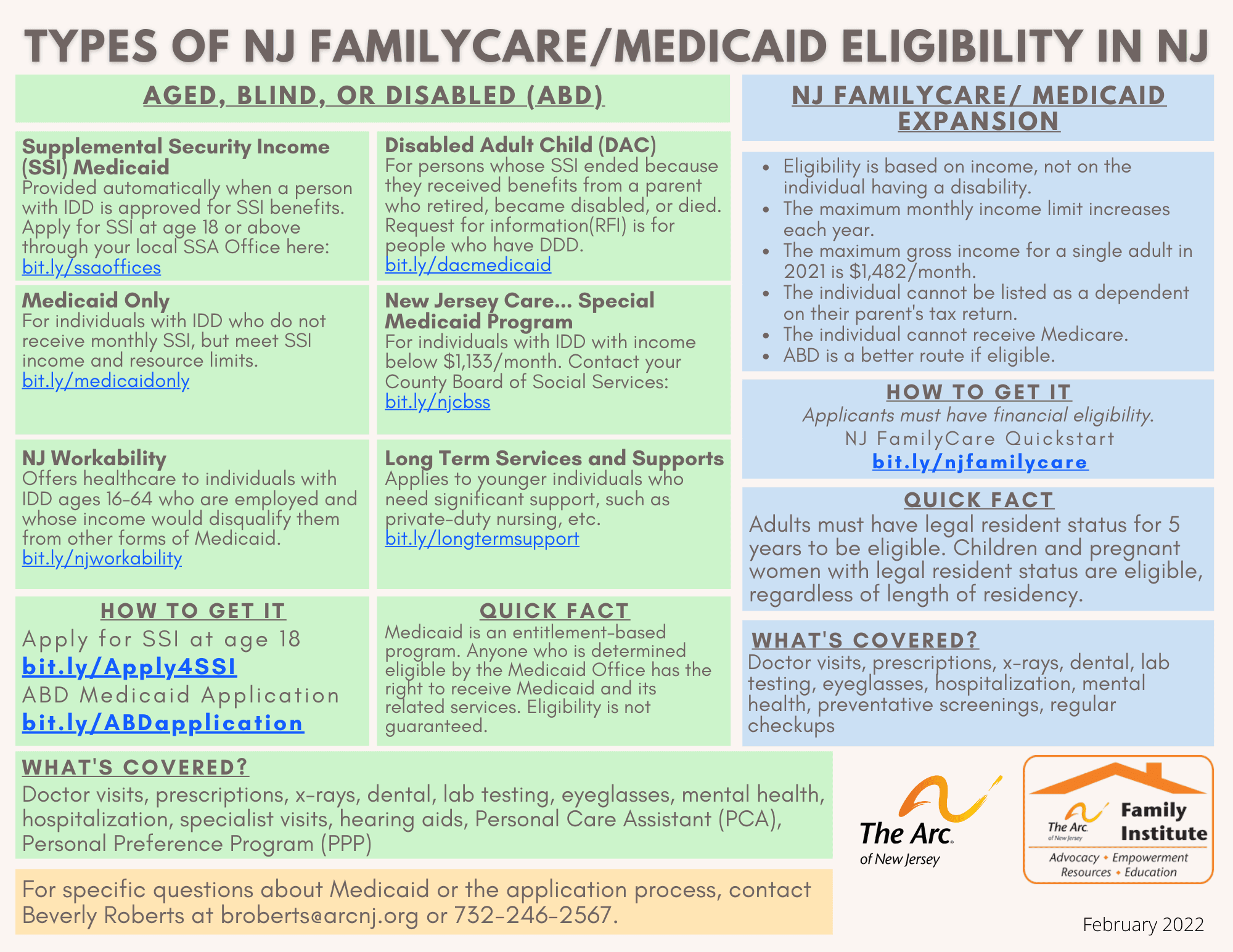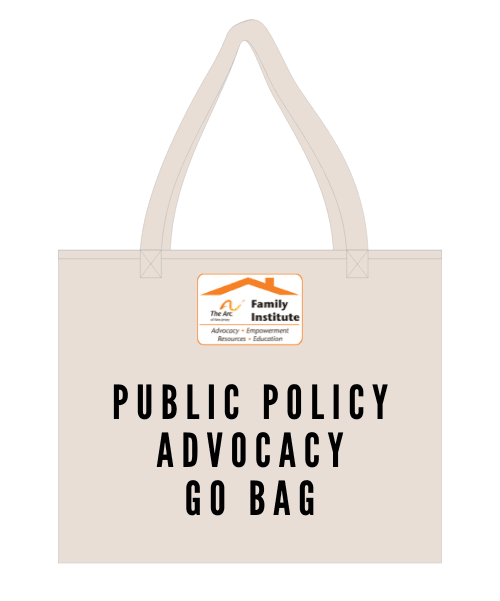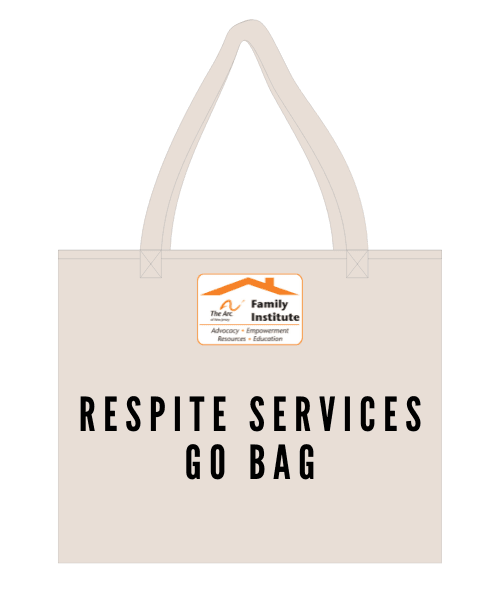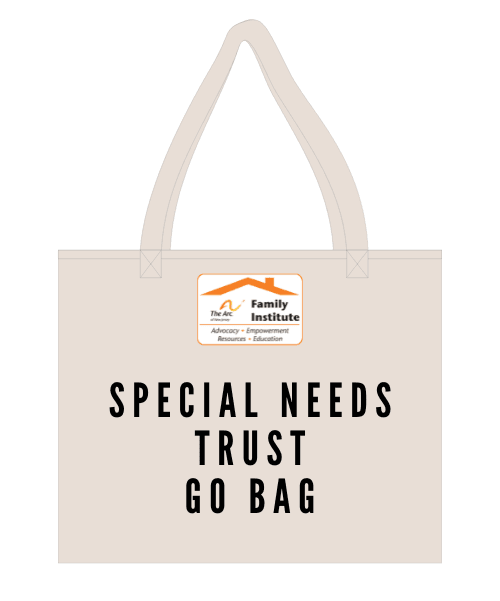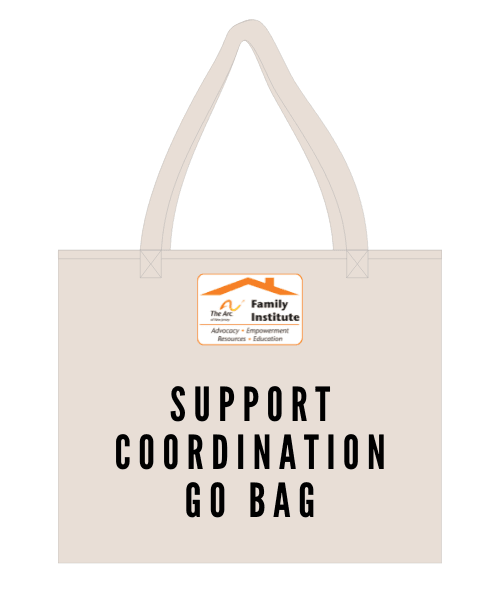A Step by Step Process to DDD Eligibility Go Bag
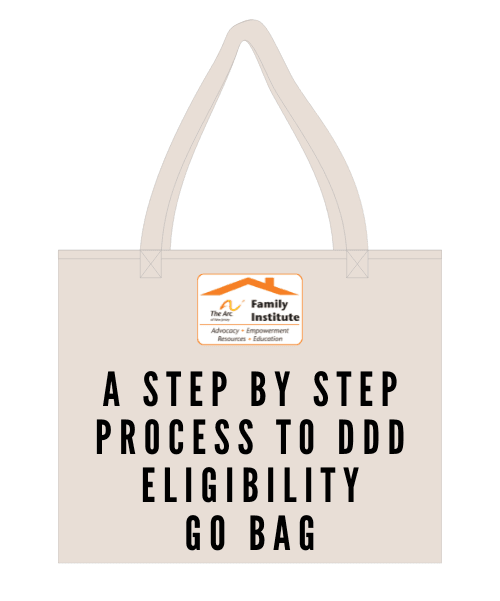
The New Jersey Division of Developmental Disabilities (DDD), within the Department of Human Services (DHS), is the New Jersey state agency that can provide supports and services to individuals 21 years of age or older with an intellectual and/or a developmental disability (I/DD).
www.nj.gov/humanservices/ddd/home
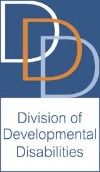
Step 1: Find out if you’re eligible
Individuals must meet the functional criteria of having a developmental disability. In general, individuals must document that they have a chronic physical and/or intellectual disability that manifests in the development years, before 22, is lifelong in nature and substantially limits the individual in at least three areas of life activity:
- Self-care learning
- Mobility
- Communication
- Self- Direction
- Economic Self-Sufficiency
- The ability to live independently
To receive DDD services an individual must:
- Apply and become eligible for *Medicaid, and MUST maintain eligibility
- Submit the DDD intake package
- Establish that New Jersey is his or her primary residence at the time of application
Remember: An individual can apply for DDD services at 18 years of age and older, but can’t utilize the service until the age of 21. If an individual is found eligible but under 21 they can receive services through the NJ Department of Children and Families (DCF).
Eligibility Resources
- Determination of Eligibility DDD Fact Sheet
- DDD Determination of Eligibility Division Circular
- Applying for DDD Services
- Accessing Services under 21 Fact Sheet
- Limited Circumstances Where a Person Ages 18-21 May Receive DDD Services

Step 2: The Application
- To be evaluated for eligibility for DDD-funded services, please complete the FULL Application for Eligibility.
- Individuals who are 18 or older and were previously determined eligible for developmental disability services through the NJ Children's System of Care can complete the SHORT Application for Eligibility.
Individuals must be 18 or older to apply for Division services. Individuals who meet functional criteria must also be 21 years of age and *Medicaid eligible before they can begin receiving services from the Division of Developmental Disabilities.
When you apply, remember to add all available documents to the intake packet. Depending on which application (see above) you are using to apply for services, documentation could include:
- Medicaid Documentation of Disability- (If DDD approved an individual as a "Non-DAC" then submit that documentation)
- Physician’s Statement
- Most recent Psychological Evaluation (IQ score)
- All available Psychological Reports
- Most recent Child Study Team or school reports
- Learning Evaluations
- Psychiatric Evaluation
- Neurological Evaluation
- Hospital Records/Discharge Papers
- Physical Therapy/Occupational Therapy/Speech Therapy Evaluations
Legal Documentation of Age, US Citizenship, NJ Residency
- Photocopy of Birth Certificate
- Photocopy of Social Security Card or proof of US Citizenship or Green Card
And
Photocopy of ONE of the following:
- Voter Registration Card
- Pay Stub
- W2 Form
- Real Estate Tax Bill
- If in Military, permanent change of station orders to NJ
Other necessary documents:
- Photocopy of Guardianship papers(If available)
- Photocopy of Medicaid Card- (or "Non-DAC" letter)
- SSI Annual Award Letter
- Letter Certifying Medicaid Eligibility (this could be a "Non- DAC" letter)
- Division of Vocational Rehabilitation Services (DVRS)- F3 form
Application Resources
- Understanding DDD's Determination of Eligibility Process: English | Spanish
- DDD Help Desk: DDD.communications@dhs.state.nj.us
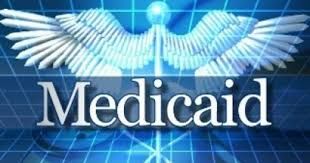
Step 3: Medicaid
An individual applying for DDD services must become *Medicaid eligible. The process to apply for Medicaid may take some time and should start as soon as an individual turns 18. If an individual receives health insurance through a family member they can remain on that insurance, but must still become Medicaid eligible. There are several ways to become Medicaid eligible:
- If a person is found eligible for Supplemental Security Income (SSI) they will automatically receive Medicaid as well.
- Aged, Blind, Disabled Program (ABD) - The Aged, Blind, Disabled (ABD) Programs cover individuals who are age 65 years or older as well as individuals determined by the Social Security Administration or by the Division of Medical Assistance and Health Services (DMAHS) as blind or disabled. It is designed for people whose income and resources are not enough to meet the cost of necessary care and services.
- NJ Workability Medicaid - The NJ WorkAbility Program offers full New Jersey Medicaid health coverage to people with disabilities who are working, and whose earnings would otherwise make them ineligible for Medicaid.
- New Jersey Care Special Medicaid Programs (also known as Community Medicaid) - The New Jersey Care Special Medicaid Programs are for individuals with gross monthly income that is equal to or less than 100% of the Federal Poverty Level.
- NJ FamilyCare (County Medicaid) - New Jersey's publicly funded health insurance program - includes CHIP, Medicaid and Medicaid expansion populations. That means qualified New Jersey residents of any age may be eligible for free or low cost health insurance that covers doctor visits, prescriptions, vision, dental care, mental health and substance use services and even hospitalization.
______________________________________
There is an exception to the Medicaid requirement, which is applicable to a small number of individuals with I/DD. A relatively small number of school-age youth with I/DD are NOT able to obtain SSI or Medicaid at age 18 because a parent has retired, become disabled, or died before the student was able to apply for SSI. DDD developed the term "Non- DAC" to describe individuals with I/DD who are eligible for an exception to the requirement of having Medicaid before they can receive DDD services.* (For more information the "Non-DAC" fact sheet can be found under Medicaid Resources)
______________________________________
Medicaid Resources
- Supplemental Security Income (SSI)
- NJ Workability Medicaid
- NJ FamilyCare
- Medicaid Eligibility and DDD
- DDD Medicaid Help Desk: DDD.MediElighelpdesk@dhs.state.nj.us
- The Arc of New Jersey's Health Care Advocacy Program
- What is a “Non-DAC?” Fact Sheet
- Fact Sheet: SSI and Continued Medicaid Eligibility - Section 1619(b) of the Social Security Act
- SSI and SSDI: What is the difference?
- Disability Benefits 101
- NJ FamilyCare Aged, Blind, Disabled Programs
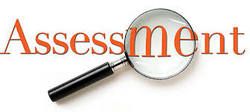
Step 4: New Jersey Comprehensive Assessment Tool (NJ CAT)
The New Jersey Comprehensive Assessment Tool (NJ CAT) is a mandatory needs-based assessment used by DDD as part of the process of determining an individual’s eligibility to receive funded services.
The Developmental Disabilities Planning Institute (DDPI) of Rutgers University conducts the NJ CAT assessment on behalf of DDD.
- A trained DDD facilitator will conduct a face-to-face meeting with the individual and his or her guardian. The individual or guardian may invite other family members, service providers and or caregivers to participate in the meeting as well.
- The facilitator will access the NJCAT online and, as prompted by the screen, will verbally ask each NJCAT question. The facilitator will enter each answer online only after the answer has been agreed upon by all meeting participants.
- When all questions have been answered, the facilitator will submit the completed NJCAT electronically.
A sample NJ CAT in English and sample NJ CAT in Spanish can be viewed and downloaded prior to completing the "live" assessment. The Arc of New Jersey recommends reviewing the questions prior to completing the assessment with the DDD facilitator. If needed, an advocate from The Arc of New Jersey Family Institute can provide support to a family or individual who may need help completing the NJ CAT. Contact us 732.246.2525 x38 or x24 or at fi@arcnj.org.
The NJ CAT Assessment has two main components, Functional Criteria Assessment (FCA) and Developmental Disabilities Resource Tool (DDRT).
FCA evaluates an individual’s abilities in the following seven areas:
- Ability to live independently
- Communication
- Economic Self Sufficiency
- Learning
- Mobility
- Self-Care
- Self-Direction
DDRT evaluates an individual’s abilities. It is a tool that makes sure people with similar needs have the access to similar levels of support.

Required Information to complete the NJ CAT:
- Individual's name and six-digit DDD ID # (this number can be obtained by contacting your local county DDD intake office)
- Respondent's name, email address, and phone number – The respondent is the person who completes the assessment. The NJ CAT should be completed by someone who spends a significant amount of time with the individual and is the primary person responsible for assisting with the individual’s daily support needs.
To request a copy of the completed NJ CAT, contact your Support Coordinator, Case Manager or DDD Intake Worker.
Results from the NJ CAT establish the tier to which an individual is assigned. The tier is associated with a corresponding individualized budget.
Please Remember: Once the assessment is submitted, you cannot go back and make changes. If there is a change in circumstance for the person and a new NJ CAT needs to be completed, talk to the support coordinator about how to update the NJ CAT.
NJ CAT Resources
- The New Jersey Comprehensive Assessment tool (NJ CAT): A Guide for Caregivers
- Checklist for the New Jersey Comprehensive Assessment Tool (NJCAT) Checklist
- Disability Rights New Jersey's Bulletin On - The NJCAT: Reassessments and Your Rights
- Tips for Completing The New Jersey Comprehensive Assessment Tool
- DDD NJ CAT Resource Page
- Blank copy of the NJ CAT: English | Spanish
- How to appeal a decision
- NJ CAT Helpdesk: DDD.FeeForService@dhs.state.nj.us

STEP 5: Choosing a Support Coordination Agency
What is a Support Coordination Agency?
A support coordination agency is a DDD funded service that assists individuals in gaining access to programs and state services.
What is a Support Coordinator?
Support Coordinators play an important role in the lives of individuals with intellectual and developmental disabilities and their families. They are professionals who help identify supports and individual needs, help the individual plan for the life he/she wants, and connects the individual to services that will help him/her achieve a quality life in the community.
Once an individual becomes eligible for DDD services, the individual may choose a Support Coordination Agency to work with or DDD will auto assign an agency to the individual looking for support. **If you are auto assigned but unhappy with the assignment, you may fill out a new selection form and choose a different agency.**
Timeline For Individuals Graduating From School:
In the month of March before an individual graduates from high school, families and guardians should complete the Support Coordination Agency (SCA) Selection Form.
This form will be provided through the intake unit within DDD Community Office. The completed SCA selection form should be submitted to DDD.SCAChoice@dhs.state.nj.us. DDD will process these forms to confirm:
- DDD eligibility
- Medicaid eligibility
In the months from April to June a service plan is developed. The Support Coordinator will be responsible for writing the Individualized Service Plan, (ISP) with guidance from the planning team which includes the:
- Individual
- Support Coordinator
- Family
- Providers
The ISP should be completed and approved prior to exiting the school system in order for services and supports to be available upon graduation. Please remember you can always change agencies but because the rate for Support Coordination services are determined monthly, an individual must commit to a calendar month of services from an agency before they make a change.
Please Note: If an individual is over 21 and found eligible for DDD services, he or she can fill out the Support Coordination Selection form immediately after completing the NJ CAT assessment.

Support Coordination Resources
- Support Coordination Agencies List
- Understanding the Division of Developmental Disabilities Supports Program: A Guide for Caregivers - Fact Sheet | Checklist
- Support Coordination Go Bag
- Blank Individualized Service Plan (ISP)
- Blank Person Centered Planning Tool (PCPT)
- DDD Support Coordination Website
- Selecting a Support Coordination Agency: Making Choices, Becoming Empowered A Guide for Families
- Selecting a Service Provider to Address Challenging Behavior: Making Choices, Becoming Empowered
- Selecting a Service Provider: Making Choices, Becoming Empowered
